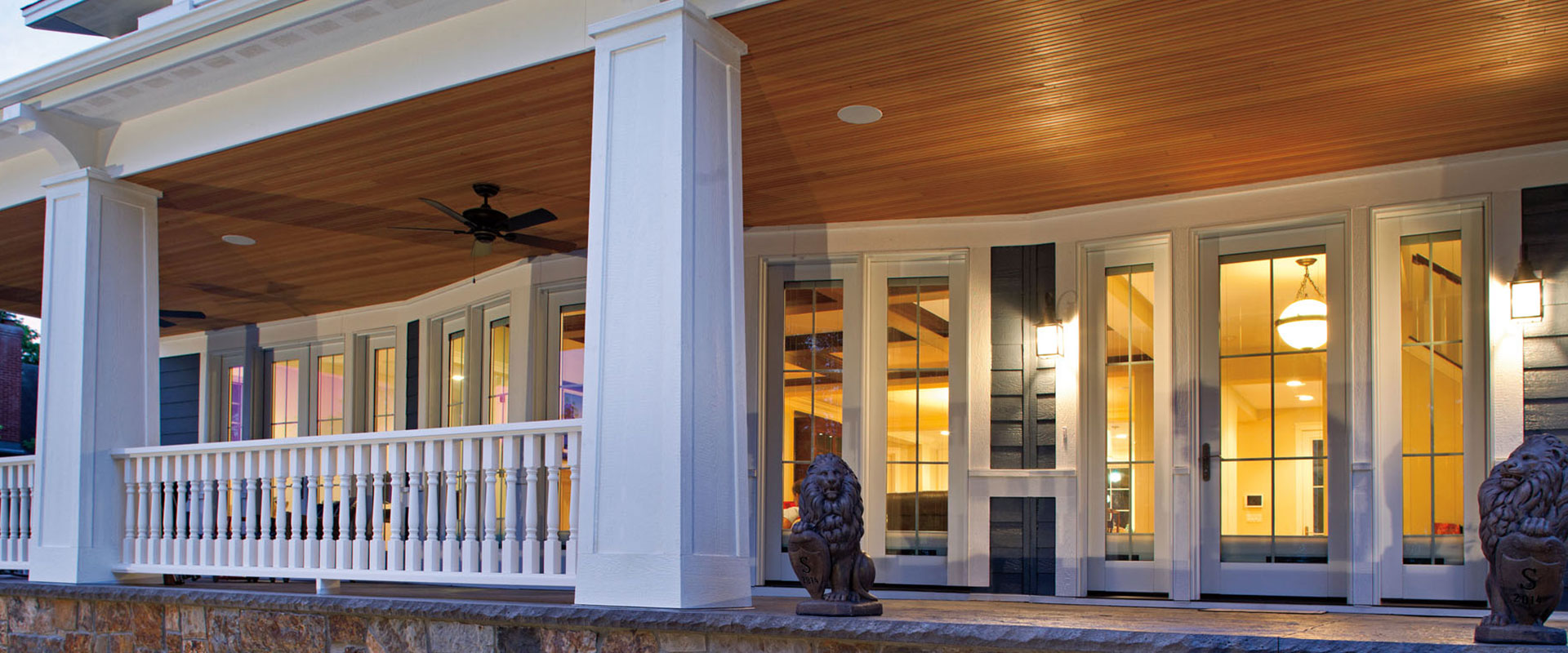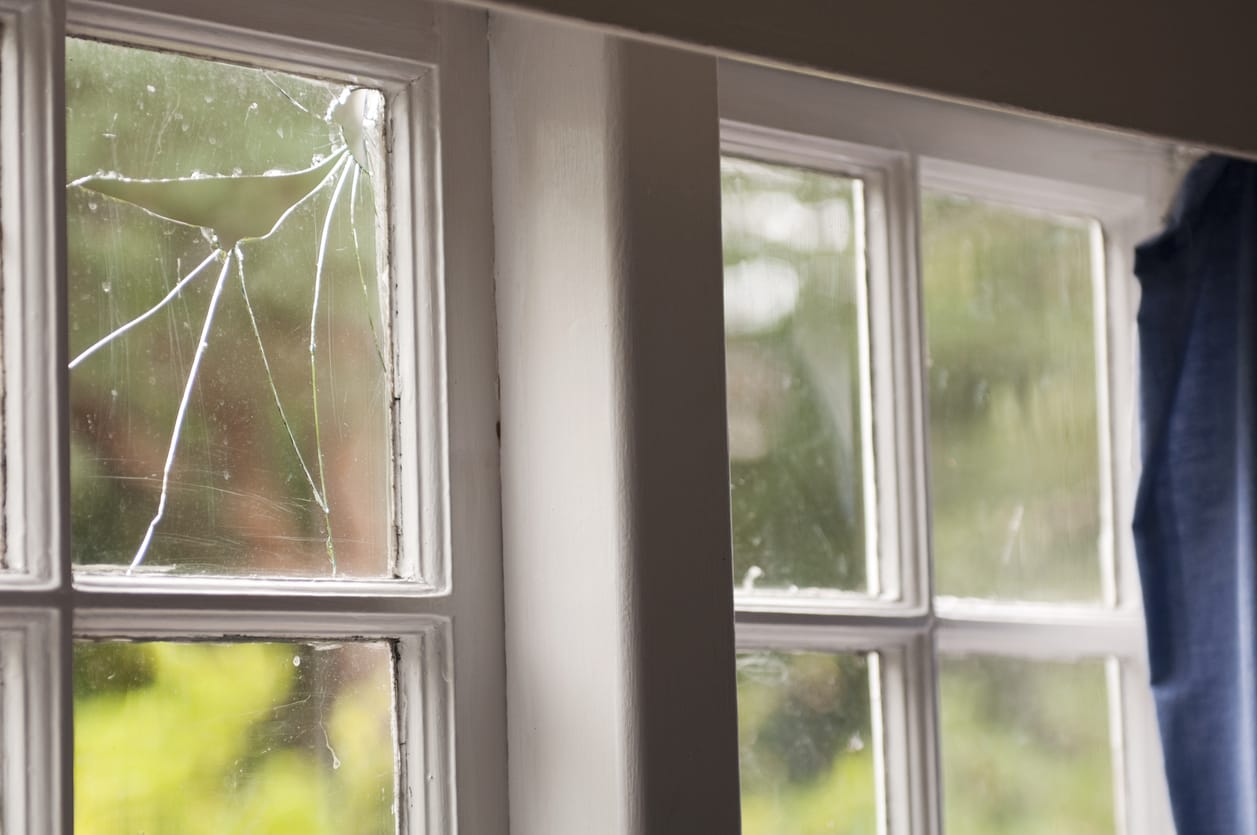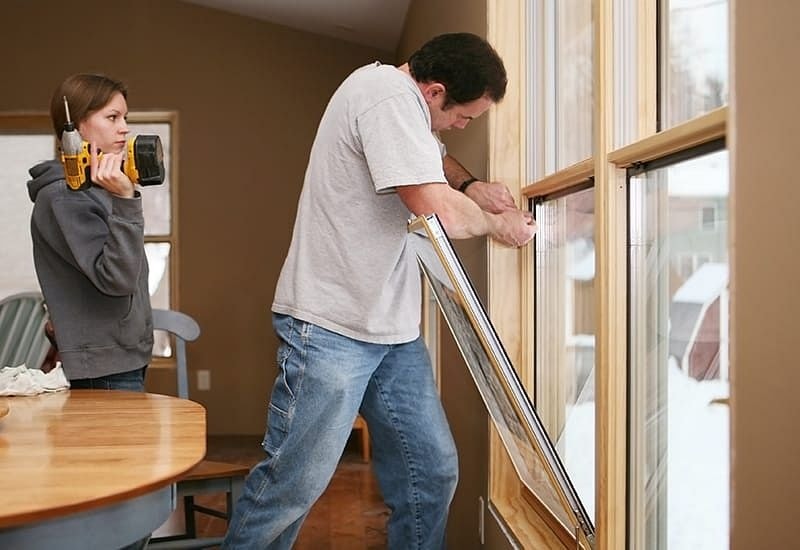Upgrade Your Home With Energy-Efficient Home Window Replacements
In the world of home enhancement, the decision to update to energy-efficient window substitutes can substantially impact both the performance and looks of a residence (window replacement). As home owners look for methods to boost the effectiveness and sustainability of their space, the choice of windows plays a crucial duty in accomplishing these objectives. Past the surface area level of simple aesthetic appeals, energy-efficient home windows provide a wide variety of advantages that go beyond simple aesthetic appeal. With a cautious option procedure that considers numerous factors, from glass types to setup methods, starting this home upgrade journey can verify to be a transformative endeavor.
Advantages of Energy-Efficient Windows

The installment of energy-efficient home windows supplies substantial savings on energy expenses while enhancing ecological sustainability. Energy-efficient home windows are developed to decrease warm loss and gain, decreasing the requirement for heating and cooling systems to function overtime. By efficiently insulating the home, these home windows aid maintain a comfy indoor temperature level year-round, leading to lower power usage and reduced energy costs. In addition, energy-efficient windows can aid manage dampness levels within the home, lowering the danger of mold and mildew and mildew development.
Past the financial benefits, energy-efficient windows add to ecological sustainability by decreasing carbon emissions linked with power manufacturing. Overall, investing in energy-efficient windows not just enhances the comfort and effectiveness of a home however also aligns with ecologically aware practices.
Types of Energy-Efficient Glass
Different innovative types of energy-efficient glass deal unique homes that cater to different requirements and choices in enhancing the sustainability and performance of buildings. Triple-pane glass, being composed of three layers of glass with protecting gas in between them, provides enhanced thermal insulation, making it highly energy-efficient. In addition, self-cleaning glass with an unique finish that damages down and loosens up dirt when subjected to sunlight can minimize maintenance requirements and keep windows looking clean.
Aspects to Consider When Choosing
When contemplating energy-efficient home window replacements, it is vital to carefully analyze particular factors that line up with your sustainability objectives and preferred power financial savings. The U-factor steps how well the home window insulates, with reduced numbers indicating much better insulation, while the SHGC indicates the home window's ability to obstruct warm from sunshine. By thoroughly evaluating these aspects, you can pick energy-efficient windows that improve convenience, reduce power costs, and benefit the setting.
Installation and Upkeep Tips

Regular upkeep is essential to preserving the efficiency of your energy-efficient windows. Inspect the home windows periodically for any indications of sealer, wear, or damage wear and tear. Clean the frameworks, tracks, and glass routinely using mild soap and water to get rid of dust and gunk that can impact efficiency. Check the weather-stripping and seals for any tears or gaps and change them if needed to keep the home windows' power efficiency.
Furthermore, lubricate relocating parts such as locks and hinges to ensure smooth operation. By complying with these installation and upkeep tips, you can improve the power effectiveness of your home and extend the lifespan of your energy-efficient windows.
Cost-Benefit Analysis of Updating

Energy-efficient windows are designed to minimize heat transfer, decreasing the demand for heating and cooling systems to function overtime. This can bring about substantial financial savings on power costs, especially in areas with severe temperature levels. Furthermore, energy-efficient home windows can improve the overall value of your home, making it more appealing to potential customers if you make a decision to offer in the future.
When determining the cost-benefit analysis, consider the prospective savings on power expenses, any kind of offered incentives or discounts, and the life expectancy of the windows. While the first expense may be higher, the long-term financial savings and benefits of energy-efficient windows make them a wise investment for property owners wanting to enhance their building's power performance and value.

Verdict
In final thought, upgrading to energy-efficient window substitutes provides countless benefits such as lowered energy consumption, increased convenience, and expense financial savings. By choosing the proper kind of energy-efficient glass and taking into consideration aspects like frame material and setup, homeowners can maximize the effectiveness of their Going Here home windows. Regular maintenance and correct installation are necessary for lasting performance. Generally, the cost-benefit evaluation of updating to energy-efficient windows reveals that the initial investment can bring about significant savings in the future.
When considering energy-efficient home window substitutes, it is vital to very carefully analyze details variables that align with your sustainability goals and preferred energy cost savings. The U-factor procedures exactly how well the home window insulates, with reduced numbers showing much better insulation, while the SHGC suggests the window's capability to block heat from sunlight. By meticulously evaluating these factors, you can select energy-efficient home windows that boost convenience, minimize energy costs, and benefit the atmosphere.
While energy-efficient windows may have a higher ahead of time expense compared to conventional windows, the lasting advantages commonly exceed the initial investment.In verdict, upgrading to energy-efficient home window substitutes provides many benefits such as reduced power usage, increased convenience, and expense financial savings.